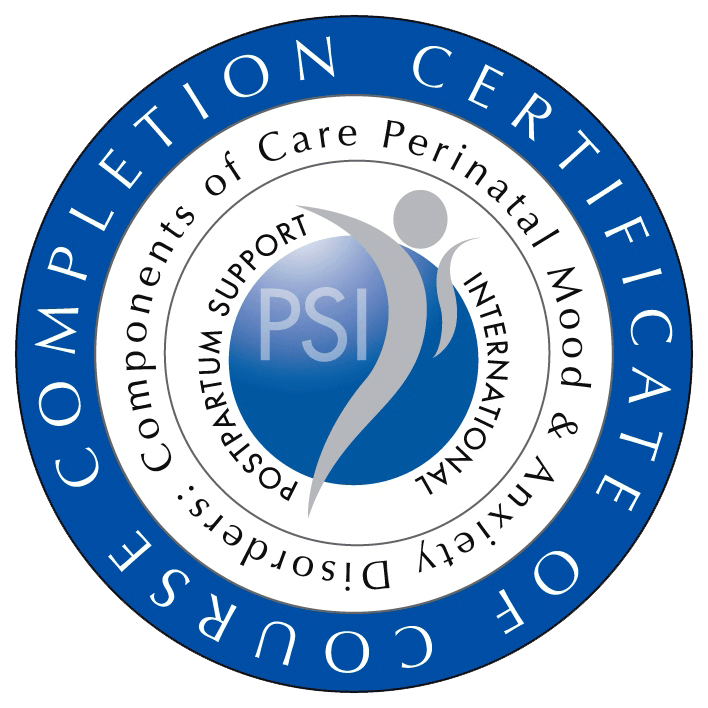Life before the baby came was so different. You were cleaner. You ate out more often. And the hours and hours of sleep you used to take for granted!
If you’ve recently had a baby and are having a hard time getting enough rest each night, you’re not alone. According to a study by PLOSone, new parents, particularly new mothers who are breastfeeding, are often sleep-deprived. And this deprivation can last for a long time, with mothers registering “medically-significant levels of sleepiness” even after 18 weeks.
Besides having nightly sleep cycles interrupted with feedings every 2 – 4 hours (or 1-2 hours!), new mothers also experience a combination of euphoria and nervous energy, which can also keep them awake all night long.
The result?
They are zombies the next day – zombies who are still expected to take care of their newborns while working an outside the home job, or being a full-time mother and also expected to clean, go grocery shopping, etc.
But sleep deprivation can be very dangerous. According to a study conducted by the University of North Carolina Highway Safety Research Center, people who sleep less than five hours per day are four to five times more likely to be involved in a sleep-related crash. This is because a lack of sleep hinders our physical coordination and reaction times as well as our ability to focus.
If you’re a new mother who would give her front teeth to get more sleep each day, here are 4 helpful strategies:
1. Lie Down, Even If You Can’t Sleep
Sometimes, just getting off your feet for half an hour is enough to help your body relax and rejuvenate. Don’t stress if you can’t fall asleep, simply lie there and let your body relax.
Diana Lynn Barnes, president of Postpartum Health International, tells new mothers, “Get off your feet, relax on the couch, and stay off the phone.”
2. Get Some Help with Those Nighttime Feedings
One of the best ways to get a solid stretch of sleep is to get help from your husband, partner, in-law, friend, anyone who is willing to take on those nighttime feedings. It will be easier to hand over this job if you’re bottle-feeding, but even if you’re breastfeeding, you can pump so that someone else may feed the little one during the nighttime hours.
Or make things even easier on yourself by having your partner get the baby and bring your little one to you in your bed, and return your angel to their crib. That way you are at least partially sharing in the duties of nighttime feedings.
3. Don’t Partake in Counterproductive Activities
It’s important that new mothers don’t unnecessarily sabotage their own efforts to get sleep. For instance, though it may be tempting to chug down a mug (or three) of coffee in the morning, overdoing it tends to mask your need for sleep and can actually prevent you from taking those much-needed cat naps when the baby is sleeping. It’s also worth mentioning that the American Academy of Pediatrics recommends that nursing moms try to limit their caffeine consumption to one cup a day. That’s one small cup, not one venti latte.
Also, after a hard day of being a new mom, many women sit down in front of the TV or computer to unwind, but the light that is emitted from these devices is stimulating and typically keeps us awake and alert. It’s much better to take a warm bath, get into bed, read a physical book or magazine, and drift off to sleep.
4. Realize Sleepless Nights Won’t Last Forever
Sometimes just the stress of what you’re going through is enough to keep you awake. Though being a mother to a newborn can be likened to a sweet form of torture, it won’t last forever. Remind yourself of this every chance you get.
As a new mother, it’s natural to be scared and worried about this new and significantly important role in your life. If you find that what’s keeping you up many nights are the overwhelming emotions you are experiencing as a new mother, talking with someone can help. If you’d like to explore therapy for moms, please reach out, and let’s discuss how I may be able to help.





